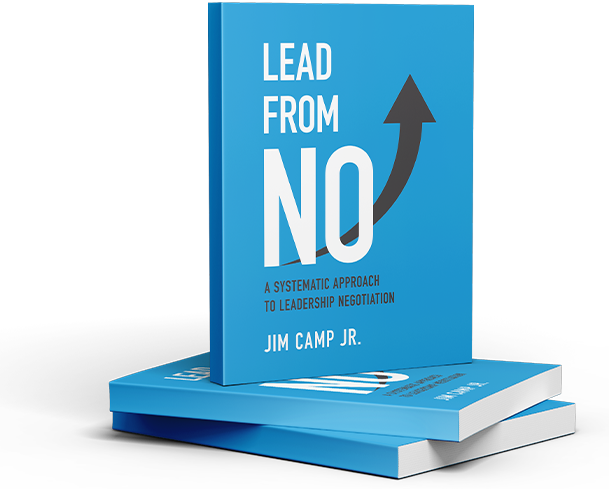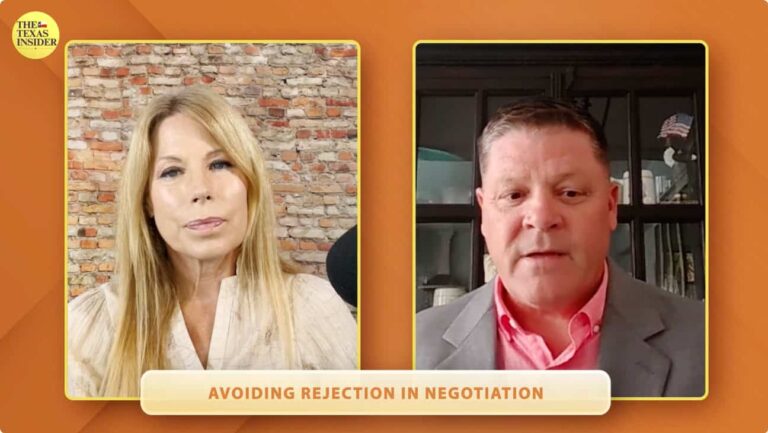NEED: a requirement for survival fueled by adrenaline, fear, and emotion. It is often falsely confused with our wants.
WANT: something that can improve our life but is not a requirement for survival.
NEEDY: a word used to describe someone that confuses their wants with their needs.
But that’s what we need
A VP said to a Camp Coach, “We have to make our numbers for the 3rd quarter. So I don’t get this – you tell us we can’t focus on the quota. But that’s what we need. That’s what we’re measured on.”
We hear people use the word “need” all the time. It’s easy for coaches to tell people to let that need go. But the reality is that you’re probably in important negotiations that could change your career trajectory or change your life.
So, for us to say “get rid of your need” is probably easier said than done.
But here’s the way I want you to think about it.
You really need….
What do we truly need to live according to Maslow? Air, water, food, sleep, etc. Without these physiological needs, you won’t survive.
Anything you get in addition to these basic requirements will improve your life and they are “wants” in negotiation.
Not to make light of the situation at all, Jim Camp used to say not getting what you need is death, but getting what you want is life.
So, you “want” the deal, you don’t “need” the deal. And we absolutely understand you’re under high pressure to seal the deal because your job is on the line. It’s stressful, to say the least, but it’s a want, not a need.
The risk of showing neediness
Realize that anytime you “need” the deal, your respected opponent across the table is going to see that. They’re going to recognize and sense that you internally value the deal as if it’s a life requirement vs something that will just improve your life. They will seek to extract the artificially high value you place on the deal for themselves, and they’ll try to take advantage of you.
How? They’ll prolong it. Squeeze you. Get contentious. They’ll use words to make you feel bad about yourself.
You have to control your neediness and switch to a mindset of letting go of anything that is out of your control. So you must focus on what you can actually control.
When people say, “I need this deal,” we’ve noticed that they’re thinking about the end result. We hear top management telling salespeople all the time:
- I need your forecast to be accurate.
- I need you, people, to come through and hit your numbers.
Or salespeople say:
- I need to close this deal.
- I need to make my quarterly quota.
And then here we are, as your Camp coach, saying, “Forget that, it’s not important.”
What can you control?
There’s a place for forecasting and projecting. However, when you’re actually at the negotiation table, you must find a way to forget the pressure and think, “Okay, I want this deal. In order to get it, I have to figure out what I can control?”
The bottom line is that you can’t control results.
What can you control? You can control your activities, behaviors, and the decisions you make.
Your activity, your behavior, and your decisions. That’s what you can control. Focus on those, not results.
And that’s one of the reasons why we’ve built the Camp System: to give you a structure and a process to help you control your activities, behaviors, and decisions in the negotiation.
When the going gets tough, you’re up against difficult negotiators. Realize you can’t control or take responsibility for the way your respected opponent behaves and what method they use to negotiate. They may believe in exerting power and leverage to bully or threaten to get what they want. Many try to drive your emotional neediness so you’ll make unnecessary concessions.
Avoid showing neediness and control only what you can
In order to avoid showing neediness, we’re asking you to take a step back, use the Camp System, and be comfortable being uncomfortable. Accept that the outcome or result of the negotiation is out of your control because you can’t make anyone do anything or give you something.
All you can do is help them see the benefit of working with you. How do you do that?
Focus on your preparation and create a checklist for every negotiation event. After you’ve done it many times, you’ll feel confident and safe, no matter what the other party’s behavior or tactics are.
The Camp System is principle-based, while many other people negotiate using tactics. From our perspective, a System will defeat tactics almost every time.
So that’s the difference between need and want. Need is about survival and want is about improvement.
Once you realize what is a need and not a want, you can get rid of the need, (or your neediness) by focusing on your preparation, execution, and debriefing tools, with help from a Camp Negotiations coach.





